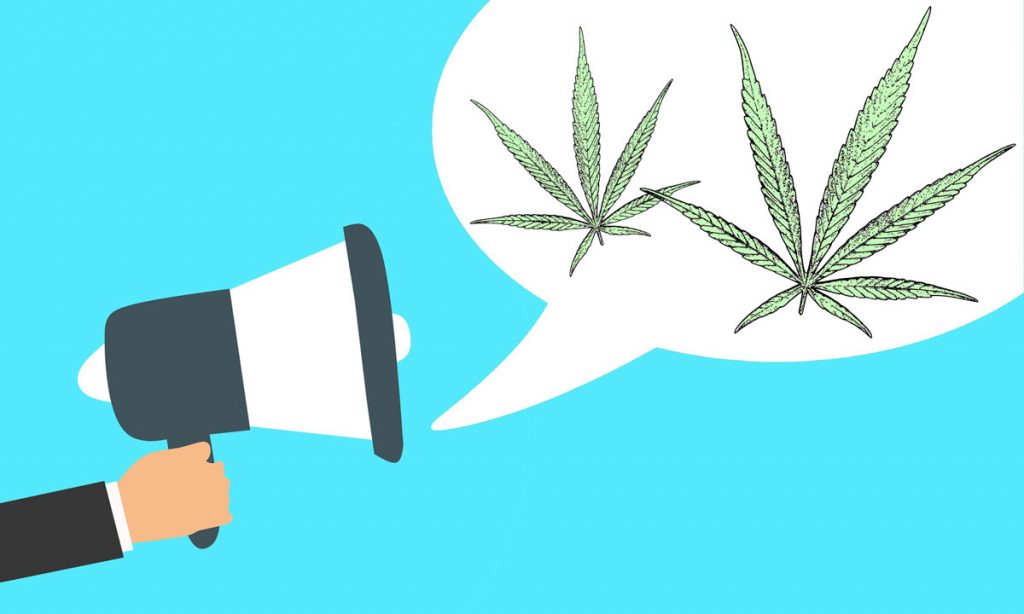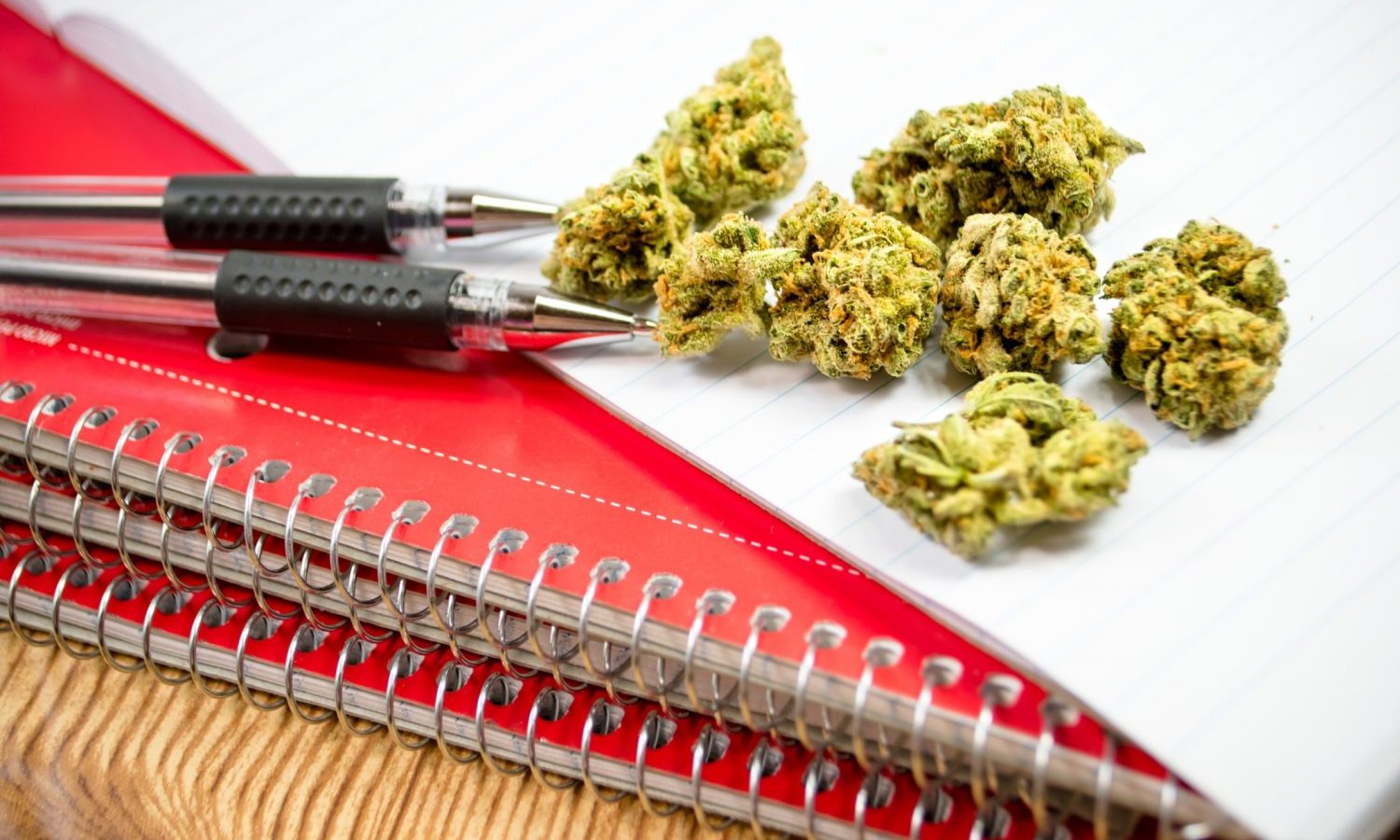Over 22 million marijuana arrests later, the political consequences of Reefer Madness are still being hidden from the American people.
Disclaimer: The views expressed in this article solely belong to the author and do not necessarily represent those of The Fresh Toast.
Parents are understandably concerned about their children being “indoctrinated” as they are supposedly being “educated”, but the general public should also be concerned, especially when the government has been lying to everyone for decades about marijuana.
Decades of “Reefer Madness” with absurd claims about marijuana endangered children by undermining effective education about really dangerous drugs… and adults about really dangerous government. Over 22 million marijuana arrests later, the political consequences are still being hidden from the American people.
For example, in a 2002 interview with the Baltimore Sun, John Walters, George W. Bush’s Drug Czar was asked about marijuana:
“It is by far the single largest factor in illegal drug addiction in the country. … The conventional view out there today is that marijuana is a soft drug, that marijuana is harmless and that it is not addictive, and there is no withdrawal. It’s not just a gateway drug. … If you are not talking about marijuana, you are not talking about the central part of the problem. (Emphasis added)
SEE: CBD Is Not A Narcotic Says EU. Duh, Says I.
Now, 18 years later, with the House of Representatives having finally voted to end marijuana prohibition, the Drug Enforcement Administration is baaack with a new website, “Just Think Twice”.
Maybe I missed “Just Think Once”, perhaps a sequel to “Just Say No”, but compared to the DEA’s old Party Line…???
First, the Reefer Madness is gone, but not repented. Please forget that the DEA has lied to the American people, and the rest of the world, for decades. In its place is a relatively accurate description of the possible adverse consequences of marijuana use.

For example:
Q: IS MARIJUANA ADDICTIVE?
A: Possibly.
According to the National Institute on Drug Abuse:
“Marijuana use can lead to the development of problem use, known as a marijuana use disorder, which takes the form of addiction in severe cases.”
The problem with that statement is simply the lack of a definition of “addiction” as opposed to “obsessive/compulsive” behavior. (Gambling, hoarding, etc.)
Unlike alcohol, barbiturates and benzodiazepines, (Xanax, etc) and other central nervous system depressants, marijuana withdrawal isn’t life threatening.
And of course, the DEA could not resist talking about “potency”:
“In addition, a lot of the marijuana consumed presently (emphasis added) has a higher level of THC (the chemical that causes the drug’s “high”). Researchers still don’t know about the long-term effects of using high THC marijuana.”
SEE: What Americans Can Learn From A British Study On Hashish Potency
Sometimes even their honest answers are misleading:
Q: IS MARIJUANA A CONTROLLED SUBSTANCE?
A: Yes. (True)
Then “Marijuana is a Schedule I substance under the Controlled Substances Act, meaning that it has a high potential for abuse, no currently accepted medical use in treatment in the United States, and a lack of accepted safety for use under medical supervision.”
(Completely untrue.)
This where we need to revisit Orwell’s “Memory Hole.
Although, this new website is certainly more honest than its predecessors, that is “faint praise” indeed. The “editorial conference” for this website must have been difficult.
However, to see how limited the DEA’s evolution has really been see PREVENTING MARIJUANA USE AMONG YOUTH & YOUNG ADULTS “This publication gives you everything you need to know about marijuana — from the long-term effects on your brain, to whether or not it’s still considered a “gateway drug.”
And their answer to “Is Marijuana a Gateway Drug?
“Some research suggests that marijuana use is likely to precede use of other licit and illicit substances. Marijuana use also is linked to substance use disorders, including addiction to alcohol and nicotine.”
Actually, alcohol and nicotine use usually precede marijuana use, but remember this is still the DEA.
Richard Cowan is a former NORML National Director and author of Fascinating Facts About Hemp You Might Not Know.


